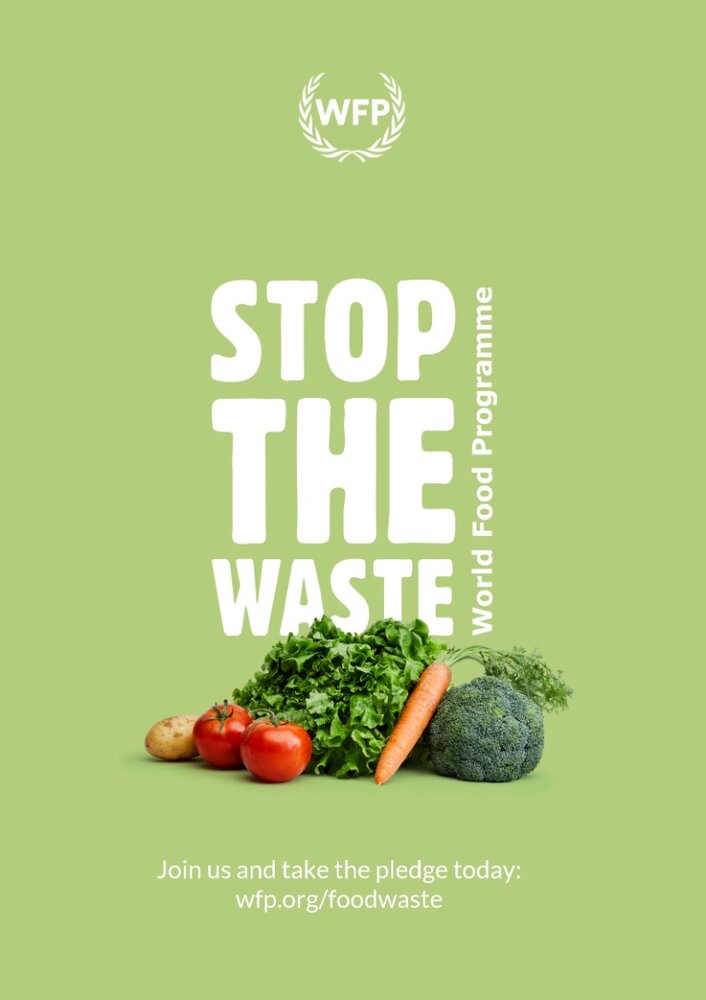Stop Wasting Food and Help Feed the Hungry
Feeding the Hungry in Our Village
I prepared a plate of food for a mentally challenged man who always comes looking for food during marriage functions or religious celebrations in our village. He can’t speak properly but signals what food items he needs. Today he loved the gulabjamuns and had nearly 10 of them. After he finished eating, I helped wash his hands and gave him water to drink. He waved goodbye with a smile, clearly grateful for the meal.
Providing Sustenance for Those in Need
It’s important that we learn to be kind and help take care of those less fortunate in our communities. For this man, finding food during celebrations may be the only way he gets enough to eat. By sharing what we have, we can ensure no one goes hungry. Acts of compassion, no matter how small, can make our world a little brighter.

A Late Night Meal for a Hungry Rickshaw Driver
A few nights ago, my husband and I had dinner at a restaurant but were unable to finish our food. We asked the waiter to pack it up so we could give it to someone in need the next morning. Around 2 am on our way home, we saw a man riding a rickshaw who looked to be in his 30s. We stopped and offered him the leftovers, and he gratefully accepted. He stopped right there on the road and began eating hurriedly, clearly ravenous. It was heartbreaking to think how hungry he must have been to stop working at that hour just to eat.
The Devastating Reality of Food Insecurity
Witnessing that man’s desperation reminded me how lucky we are to have reliable access to nourishment. For some, finding their next meal is a daily struggle. In a world with enough resources to feed all, it’s tragic that food insecurity persists on such a massive scale. Small acts of sharing can make a real difference for those facing hunger.
The Global Epidemic of Food Waste
Global food waste could feed every hungry person on Earth three times over. Yet staggering amounts of edible food are tossed aside despite billions suffering malnutrition. The reasons for this contradiction are complex, but the solution seems simple - we must do more to reduce waste and get surplus foods to those who need it.
The Collective Action Needed
While individuals can donate extra foods or support food recovery programs, solving world hunger requires cooperation across many sectors. Governments, companies, and charities must work to improve infrastructure, incentives, and policies around food donation, distribution, and education. We all have a role to play, whether by wasting less ourselves or advocating for change. Together we can curb this injustice.
Feeding the Hungry Through Strategic Partnerships
Thankfully, many impactful organizations have emerged to directly address global food insecurity and waste. Food banks coordinate the donation of surplus edible foods from farmers, retailers, and individuals to food pantries and meal programs serving communities in need. Meanwhile, commercial food recovery apps help connect extra inventory with people facing hunger relief .
Strengthening the Food Recovery Ecosystem
By facilitating productive connections up and down the supply chain, such solutions maximize the amount of nourishing meals that can be provided to the food insecure. Governments plays a part by supporting food banks through funding and policies encouraging business participation. With collaboration across sectors, more strategic partnerships can continuously strengthen the infrastructure channeling excess abundances to empty stomachs.
Educating About the Issue and Advocating for Change
While direct aid is crucial, truly solving world hunger long-term will require changing minds and policies. We must raise public awareness of the scale and impact of food waste, the realities of global malnutrition, and the collective ability humanity has to remedy this. Individuals can promote educational resources and put pressure on leaders and companies to prioritize hunger solutions through letters, petitions, and respectful discourse.
Empowering Grassroots Movements
On the community level, engaging neighbors on the issue and organizing local initiatives like community gardens, bulk food sharing programs, or rallies can inspire others to care and take action. When combined, many small voices advocating for necessary systemic transformations can accomplish great things. With knowledge and heartfelt commitment, citizens worldwide can advocate our way towards a hunger-free future.
Our Shared Responsibility
At the end of the day, ensuring all people can access adequate nutrition is a basic human right and moral duty. While large-scale change requires collective work, each individual choice matters - whether sharing extra servings, wasting less, or supporting solutions peacefully from the sidelines. By embracing our interconnectedness and commitment to one another, together we can build a world where no one ever has to experience the desperation of an empty plate. Ending global hunger is well within our capabilities when we act with compassion and resolve as one human family.
Let’s get to work.
